
To avoid payment failure, do not use a VPN.

PrachyamTV charges recurring payments.
to this great cause 🔥

Upgrade to unlock all titles

Rithwik Subramanya has dedicated himself to preserving and promoting Indian ethos, with a particular emphasis on rituals like Būta Kōlā. Now, he’s here to share his profound insights into this ancient ritual in Prachyam’s Indiclass.
5 / 5
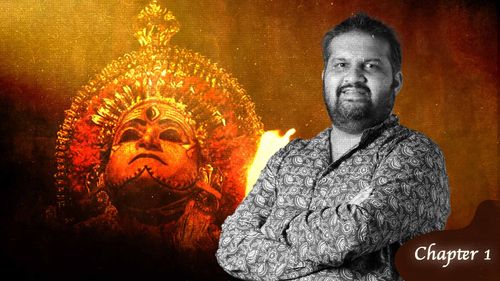
In multiple indian regional languages 'Bhoota' has a negative connotation but in the Tulunadu or in Tuluva it has a positive vibe and it referred to divine forest spirit and these are their to protect the Tulunadu.
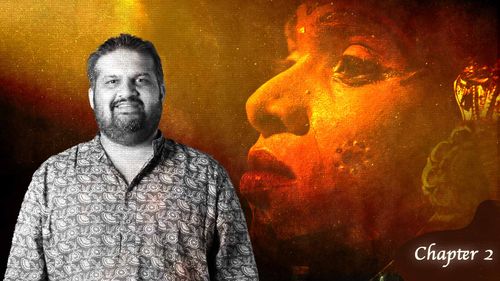
From Karwar to Kannur, people worship these forest protecting deities even after having shiva temples in these regions as these deities are famous for giving instant justices.
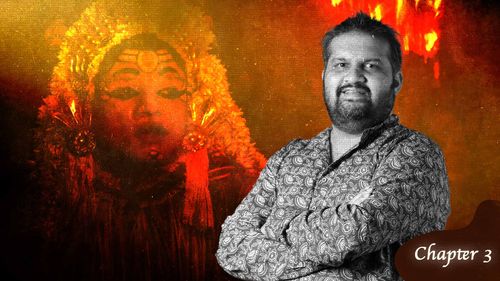
people who performed the rituals like Bhootakola are known as 'Kalavedas' and they live in a hilly regions of Costal Karnataka and they are doing it or performing it since time immemorial.
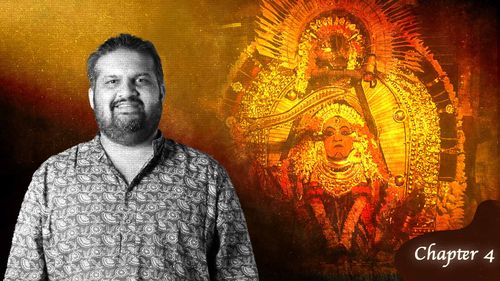
Performing Bhootakolas involved various procedures and 'Yajmana' and 'kalavedas' have a different roles in it.
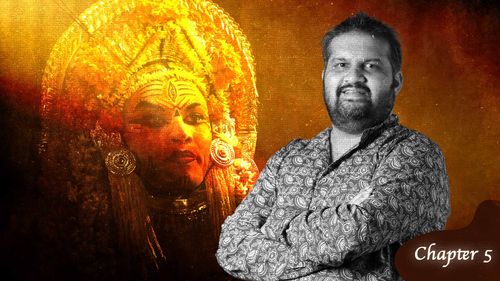
Just like Shodash Sanskara or 16 rituals prescribed in our vedas, even while performing Bhootakola there different sankaras or rituals which must be performed before and during Bhootakola.
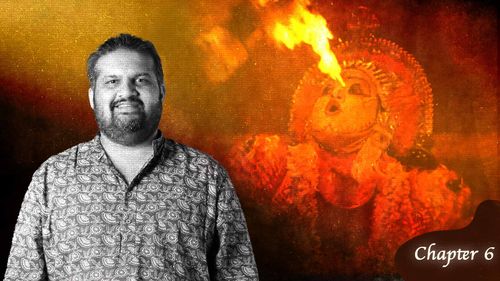
While performing the rituals sometimes the forest protecting deities shows its emotions which are subdued while being in human form
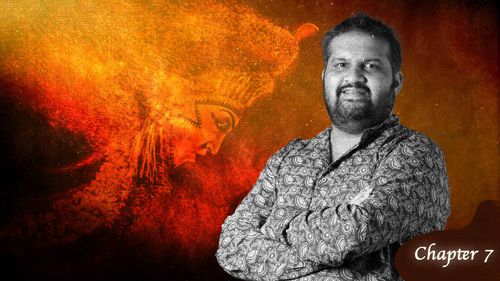
People often disbelieve in things like bhootkola or rituals prescribed in our Hindu Dharma but lets listen form the horse's mouth why people from Tuluva region says these deities gives instant justice.
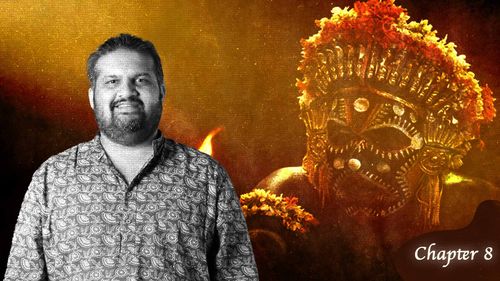
The research studies have been taken places to trace the history of Deivas and colloquial belive is there are 1001 Deivas
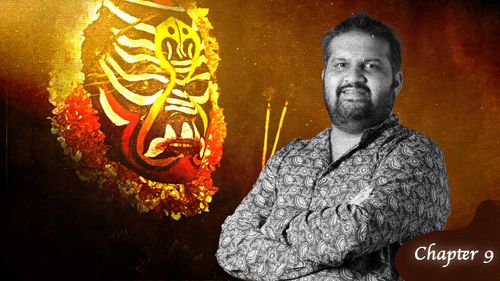
We find mentions of 'Nagas' in various hindu scriptures and Temples and it also has significance in south Karnataka.
Log in to comment